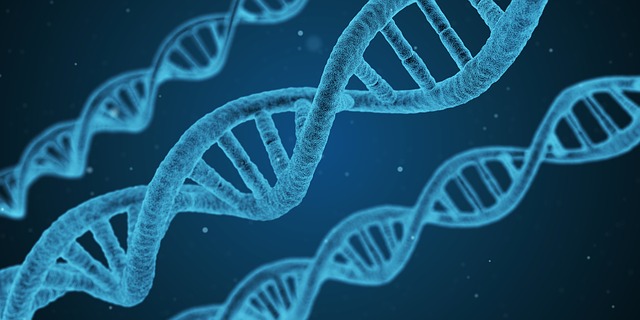
The Mitochondria, Health & Longevity group headed by Dr. Ian Holt, Ikerbasque Research Professor, belonging to the Neuroscience Area of the IIS Biodonostia from Osakidetza, has led the international research study 2-Deoxy-D-glucose couples mitochondrial DNA replication with mitochondrial fitness and promotes the selection of wild-type over mutant mitochondrial DNA, in which molecules that can control the alterations that occur in mitochondrial DNA have been identified, opening the door to control the development of certain diseases that have their origin in these variations. The work was published in the journal Nature Communications.
Mitochondria are the energy factories of cells, energy that is produced from nutrients. These energy factories have small DNA molecules inside them. A cell contains hundreds of mitochondria, or energy factories, each containing several molecules of mitochondrial DNA. DNA molecules are essential for cell function and therefore for the human body. Mutations in these molecules cause devastating diseases, and are also closely related to the aging process.
More than 30 years ago, Ian Holt was part of the team that identified the first diseases caused by mutations in the small circular DNA molecules inside the mitochondria. Since then, hundreds of mutations in mitochondrial DNA have been identified associated with a large number of diseases that affect virtually any organ in the body at any stage of life. Current treatments are symptomatic, there are no therapies for mitochondrial DNA diseases.
Many patients with mitochondrial DNA disease carry a mixture of mutant mitochondrial DNA and normal DNA. Why mutant mitochondria persists and even thrives has long been a mystery, as this fact runs counter to Darwin's "natural selection of the strongest". This new study shows that faulty mitochondria "steal" energy and other resources from the rest of the cell; they behave like parasites.
The study has carried out the identification of molecules that are capable of "purging" the mutant mitochondrial DNA molecules, thereby preserving the cell's normal DNA. It is a phenomenon similar to "gene therapy" but applied to mutant mitochondrial DNA.
Ian Holt, Ikerbasque Research Professor, points out: “achieving our long-term goal, identifying potential molecules that specifically inhibit mutated mitochondrial DNAs, has opened a new area of research manipulating nutrients: the regulation of mitochondrial DNA metabolism , and therefore of the production of mitochondrial energy and cellular function ”.
The research also impacts the study of aging, since as people age they accumulate mutations in their mitochondrial DNA, and mitochondrial energy production decreases. Both phenomena could be manipulated by adjusting the availability of nutrients, in such a way that longevity could be increased and above all, people's quality of life could be improved.
For further information: https://doi.org/10.1038/s41467-021-26829-0
.png)
